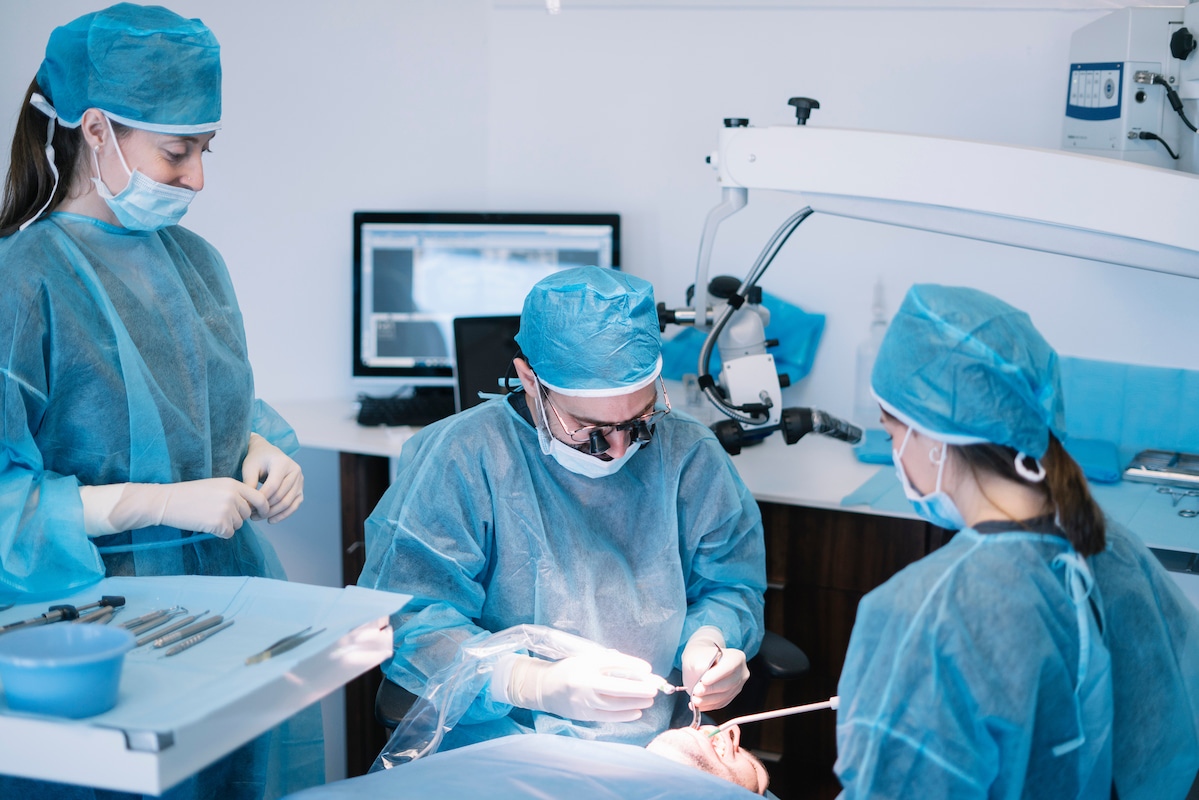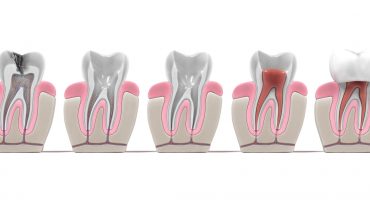Oral and maxillofacial surgery, abbreviated MKG, is also known as cranio-maxillo-facial surgery. This special field deals with diseases of the oral cavity, jaw and face. Maxillofacial Surgeons are specialists in the diagnosis, treatment and prevention of disorders of the mouth, face and jaw. They treat injuries, illnesses and malformations. If you suffer from functional disorders such as chewing, swallowing or speech problems, a maxillofacial surgeon is the specialist of choice. The same applies to changes in the shape of the jaw, face, oral cavity and teeth.
Oral and maxillofacial surgery involves many diseases. The anatomy of the head and neck area is complex. In Germany it is prescribed that physicians of this specialism complete two training courses. You must have a degree in both dentistry and human medicine. Dentistry and human medicine overlap in terms of symptomatology, diagnostics and therapy. Maxillofacial specialists cooperate closely with various specialist disciplines, for example with the departments of paediatrics, ear, nose and throat medicine and orthodontics.




